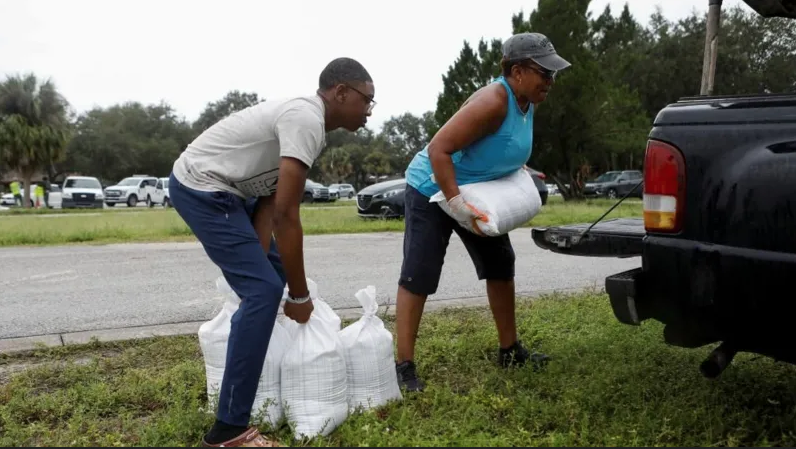Pressure mounts on Alweendo to stop power price hike
Written by on July 3, 2024
Popular Democratic Movement (PDM) vice president Jennifer van der Heever challenged energy minister Tom Alweendo to stop the Electricity Control Board’s (ECB) decision to increase the electricity tariff by 8%.
Van der Heever questioned Alweendo on measures taken by the ECB to ensure public consultation and stakeholder engagement before deciding on the tariff increase.
She questioned why the tariff increase relies on a study conducted in 2001.
“Given the significant changes in the economic landscape over the past two decades, what steps are being taken to update the methodology and data used in determining electricity tariffs to reflect current economic realities?” she asked.
She questioned what measures are being implemented to mitigate the effects of the tariff increase on low-income households and vulnerable communities.
This comes after Windhoek residents launched an online petition calling for the board to reconsider its decision that Namibians should pay N$2,50 and N$3 per unit more for electricity.
ECB spokesperson Ferdinand Molale on Monday said the board is aware of the petition.
The ECB said it would communicate the outcome of the talks in due time.
The petition calling for ministerial intervention has garnered over 4 300 signatures in four days.
Katutura Residents Committee spokesperson Shaun Gariseb, who started the petition, yesterday said residents were not consulted adequately, and the tariff hikes would cause financial distress.
“We are being told there were consultations with end users at different towns, but we are reliably informed there was no in-depth discussion of the methodology in arriving at the tariffs,” he said.
Gariseb questioned the tariffs being calculated as per the recommendations of the ‘National Tariff Study of 2001’.
“This is not in the interest of the public, nor the protection of customers to determine tariffs based on a national tariff study conducted 20 years ago. Surely the cost of living due to inflation and other factors have tremendously increased,” Gariseb said.
PDM spokesperson Hidipo Hamata on Sunday said the additional costs would be catastrophic for households already on the brink of economic collapse.
Omu Kakujaha-Matundu
“With an 8% increase, families would find it even harder to manage their daily expenses, especially following recent hikes in lending rates by the Bank of Namibia.
“It is inconceivable that the government allows such increases amid widespread financial distress,” he said.
“The government should consider subsidising electricity for low-income households,” Hamata said.
This subsidy, he said, could be funded by reallocating resources from less critical areas, or through international aid and investment in renewable energy projects.
‘UNDERSTANDABLE’
Meanwhile, economist Omu Kakujaha-Matundu, speaking on Desert Radio yesterday, said the increase is understandable from NamPower’s point of view.
“Electricity imports contribute to the high tariff. As such, the timing from NamPower’s side is warranted, but consumers are hard-pressed, both from the water and electricity standpoint,” Kakujaha-Matundu said.
He said the increased tariff could worsen the country’s problem of hunger.
“The effect could be real, meaning that if you increase the tariffs, many households have to reduce their food intake . . .You hear about people in this country dying of hunger,” he said.
Kakujaha-Matundu said the increase would put pressure on businesses and foreign investments.
“If your tariffs are higher relative to our neighbours, South Africa, Botswana or Mozambique, investors are going to set up their businesses in those nations, rather than in Namibia,” Kakujaha-Matundu said.
The economist does not support electricity subsidies, citing the failure of subsidies in Egypt and Nigeria.
“The government would have to take money from certain services that are already being given to the nation. Sectors such as health and education are heavily subsidised by the government, but it would now have to withdraw services from the most needy. Therefore it is a very risky proposition,” he said.
PDM parliamentarian Nico Smit said increasing electricity demand is the way forward.
“The government should come up with new ideas on how to generate electricity. This thing of us importing the bulk of our electricity from South Africa must come to an end,” he said.
Mines and energy executive director Penda Ithindi yesterday said consumers’ ability to pay tariffs is being taken into account.
“The ministry is in consultation with the ECB on the matter,” he said.
The post Pressure mounts on Alweendo to stop power price hike appeared first on The Namibian.


